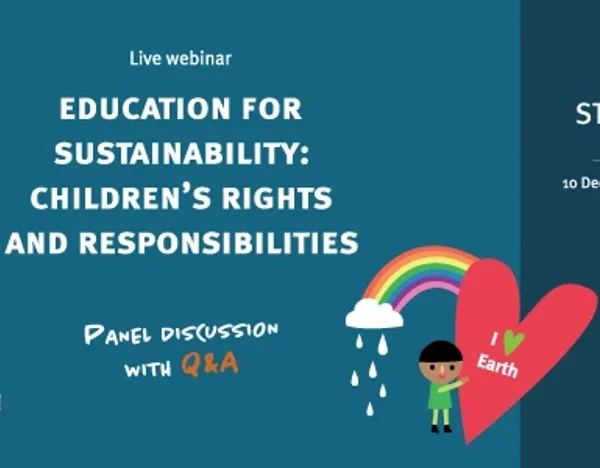What is inquiry based learning, and how can it open a world of possibilities for children?

Inquiry based learning is an educational approach that focuses on children being investigators and problem solvers. Central to the approved learning frameworks, inquiry based learning encourages active involvement in learning, builds children’s understanding of concepts, and builds the creative thinking and inquiry processes that are core aspects of lifelong learning.
Active involvement in learning builds children’s understanding of concepts and the creative thinking and inquiry processes that are necessary for lifelong learning.
For many adults, inquiry based learning can be thought of as “learning in reverse”, because it presents a range of scenarios, questions and problems for children to investigate, rather than presenting information or knowledge up front.
‘Problems’ which require critical and creative thinking are particularly suited to inquiry based learning, allowing children to develop their abilities to ask questions, design investigations, interpret evidence, form explanations and arguments, and communicate what they have learnt.
In essence, inquiry based learning in an early childhood context is a child-centred approach to pedagogy, which encourages children to ask questions and investigate answers through real-world experiences.
Children who engage with inquiry based learning are typically curious and enthusiastic participants in their learning, and develop a range of skills and processes such as problem solving, enquiry, experimentation, hypothesising, researching and investigating.
What is the role of the educator?
For educators, particularly those who may have had experiences in their own learning which were highly controlled or managed by teachers, inquiry based learning can require a shift in perspective.
In an inquiry based learning context, the role of the educator is redefined, shifting from ‘one who holds the knowledge’ to ‘creating a positive environment in which children are guided to discover answers to questions which interest them.’
How do educators initiate inquiry based learning?
Typically inquiry based learning, in its most authentic form, will begin with a question or an idea.
In an early childhood context, the possibilities are endless, but may include questions like:
- Where do birds go at night? Why can’t we hear them?
- How are clouds made?
- Who chose what letters mean and how they sound?
- Why are baby birds grown in eggs? Why don’t people grow in eggs?
Once a question has been posed, the educator/s can support the children to hypothesise and wonder, offer them opportunities to be autonomous problem solvers, organise for learning resources or experiences which support children’s thinking.
Essentially, inquiry based learning is an invitation for children to actively engage with an idea or topic, and join in a journey to a solution or outcome. Often many other possibilities, leads, or directions will arise from the inquiry, which may then branch off in a number of different directions.
What do children do on this journey?
During an inquiry based learning journey children have many different ways of participating, including:
- Asking questions and sharing their ideas
- Using scientific thinking elements such as researching, hypothesis testing, making predictions, experimenting, investigating and recording
- Using higher order thinking skills like decision making, planning and problem solving
- Reflecting on their learning and sharing ideas
- Thinking about, and making suggestions on ‘what happens next’.
Resources for learning more
There are a number of resources available to support early childhood education and care (ECEC) professionals to learn more about inquiry based learning including:
Popular

Workforce
Quality
Practice
Provider
Research
How one teacher is using Little J & Big Cuz to build empathy, understanding and confidence in First Nations learning
2025-12-08 07:15:19
by Fiona Alston

Quality
Policy
Practice
Provider
Economics
Research
Workforce
NQF Annual Report 2025: Quality gains continue, but sector faces compliance pressures and persistent equity gaps
2025-12-10 07:21:19
by Fiona Alston

Research
Provider
Intentional science play: a three‑stage pathway to foster children’s scientific literacy in the early years
2025-12-10 07:45:26
by Fiona Alston
















